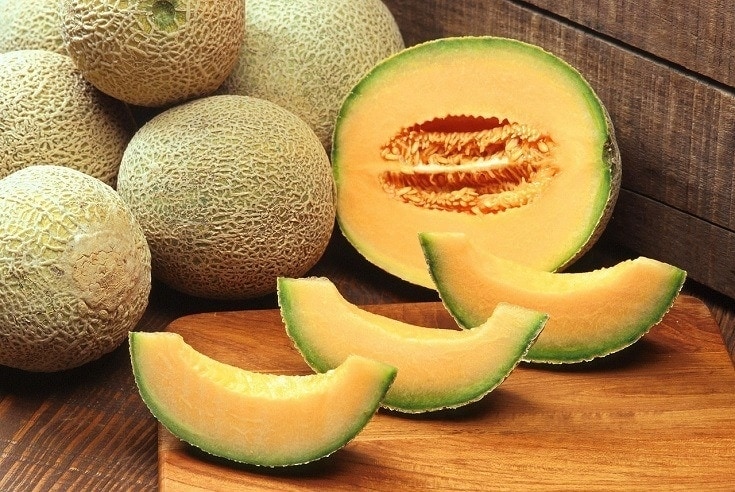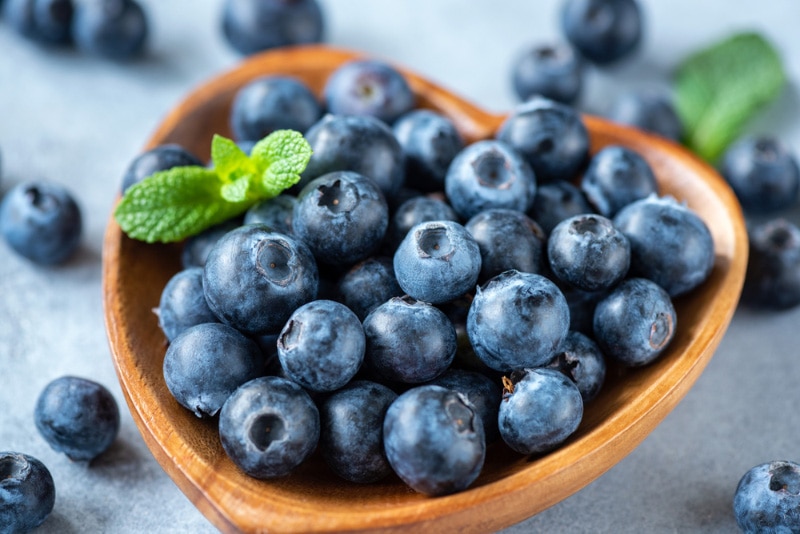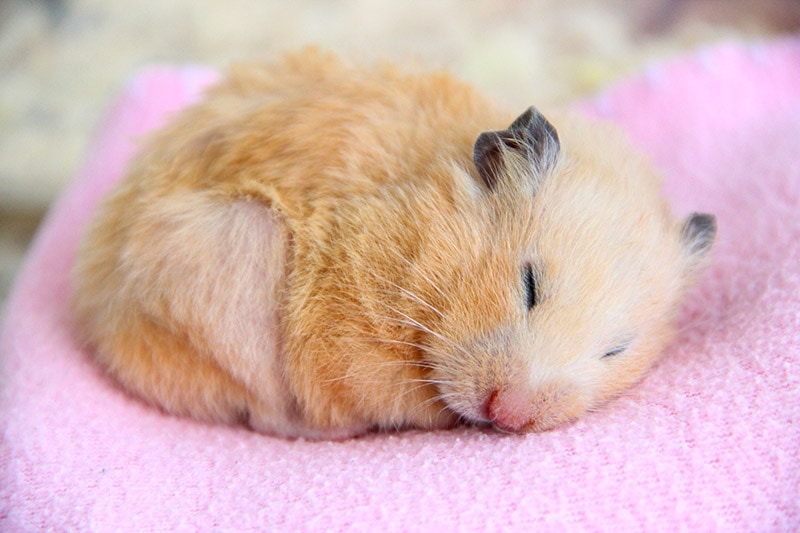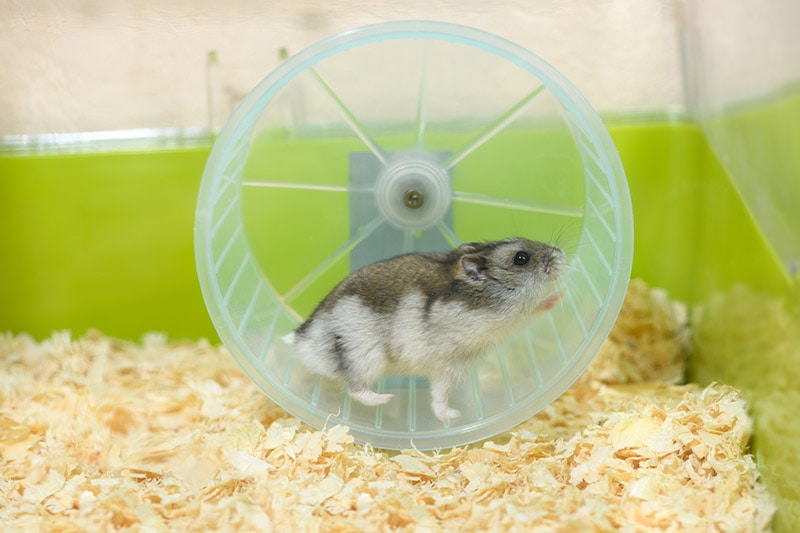Can Hamsters Eat Cantaloupe? Vet Approved Facts & FAQ

Updated on

Click to Skip Ahead
Hamsters are popular pocket pets that are relatively easy to care for, but they do need the right diet to live a long and healthy life. They do best on a balanced and varied diet of hamster pellets, hay, vegetables, and occasionally fruits.
Knowing what fruits and vegetables to feed is key, however, and some aren’t safe, so, can hamsters eat cantaloupe? Yes, cantaloupe can be a nutritious addition to your hamster’s diet, but there are some things to be aware of.
Is Cantaloupe Good for Hamsters?
Cantaloupe offers a lot of nutritional benefits, including vitamins, beta-carotene, folate, fiber, potassium, and water. Feeding a little cantaloupe with a mix of pelleted food, seeds, and leafy vegetables can help your hamster get the vitamins and minerals they need.
- Vitamin A: Hamsters are nocturnal, so they need good eyesight to adapt to the darkness. Vitamin A activates rhodopsin, which activates the photosensitive rod cells in hamster’s eyes to allow them to see in low-light conditions.
- Vitamin B6: A deficiency in vitamin B6 can cause an array of problems for hamsters, including a loss of appetite, muscle loss, slow growth, and delayed sexual maturity. Left untreated, it can cause death.
- Vitamin C: Though hamsters can make their own vitamin C, giving them a boost of it every once in a while can help with immune function and help repair oxidative damage.
- Fiber: Fiber is important for regulating the digestive system and adding bulk to stool. Hamsters get a lot of fiber from hay and leafy vegetables, but offering cantaloupe can add a little extra fiber to prevent constipation and diarrhea.
Precautions for Feeding Cantaloupe
Though cantaloupe has health benefits for hamsters, be mindful not to feed too much. Cantaloupe is high in sugar, which can cause diarrhea and digestive upset. Over time, feeding too much sugar can cause obesity and related health problems in your hamster, as well as dental disease.
In addition, your hamster needs a diet that primarily consists of hay, pellets, and small quantities of greens. Other vegetables and fruits should only make up a small portion of the diet to avoid nutritional imbalances. Hamsters can be picky as well, so feeding too much cantaloupe—or any other tasty treat—can lead them to reject the healthy food they need in favor of a sweeter version.

How Much Cantaloupe Can I Feed My Hamster?
Cantaloupe should be fed in moderation. For an adult hamster, just a ¼-1/2 teaspoon of cantaloupe once a week is plenty to get the nutritional benefits without health issues. Baby or juvenile hamsters should not have cantaloupe, however, as their digestive systems aren’t developed enough to process the high sugar levels.
Some hamsters are prone to diabetes, so they shouldn’t have high-sugar foods like cantaloupe. These include the Chinese dwarf, Russian Campbell dwarf, and winter white dwarf.
When you feed cantaloupe for the first time, only offer a 1/4 teaspoon or so to see how your hamster reacts. Watch your hamster for symptoms of a digestive disorder like diarrhea or vomiting. Always discuss any additions to your hamster’s diet with your vet first.
What About Cantaloupe Seeds and Rind?
Hamsters should have seeds in their diet, but cantaloupe seeds are not appropriate for them. These seeds are slim and sharp, which can cause injuries. Cantaloupe seeds also contain cyanide, which can be life-threatening if ingested.
Similarly, the cantaloupe rind or skin is not safe for your hamster. It may have been treated with chemicals or pesticides, and it can harbor bacteria. It’s also tough and can cause constipation or choking in your hamster. Stick to the flesh of the cantaloupe.

Conclusion
Cantaloupe can be a healthy addition to your hamster’s diet, but you have to be careful about how you feed it. Your hamster should only have a small amount once a week to avoid adverse reactions. Avoid feeding the skin or rind. If you have questions about your hamster’s diet, be sure to consult your vet.
Featured Photo Credit: PublicDomainImages, Pixabay











